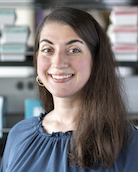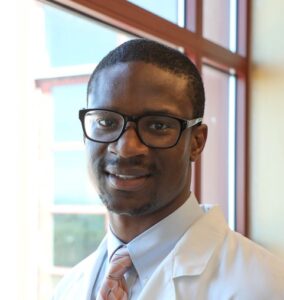Sagar P. Bapat, MD, PhD
Research Interests:
Development of a novel T cell therapy to induce beige adipogenesis
Summary:
Type 2 diabetes is a leading cause of mortality in the United States, and its prevalence continues to rise in concert with the rising prevalence of obesity, the predominant risk factor for developing insulin resistance and diabetes. Obesity can result from a multitude of different complex physiological and socioeconomic conditions that individuals are often unable to overcome. Simply stated however, obesity is a manifestation of excessive storage of energy. Consequently, it could potentially be mitigated by turning on the body’s dormant systems for burning, not storing, that energy. In this proposal, we will develop regulatory T (Treg) cells as a powerful class of engineered, non-destructive cellular immunotherapies to tackle obesity and its co-associated metabolic disease type 2 diabetes. We will engineer fat-localizing Treg cells to deliver signals to convert energy-storing adipose tissue (AT) into energy-burning AT, thereby reversing or preventing obesity and insulin resistance in mice (and eventually humans.)
https://diabetes.ucsf.edu/lab/bapat-lab











